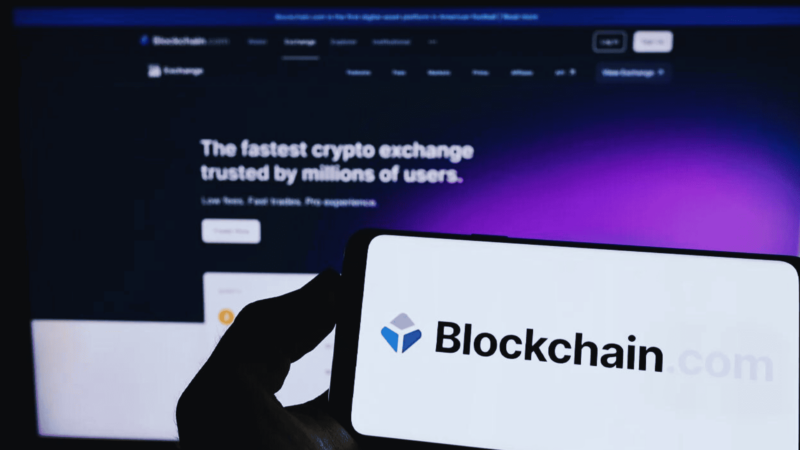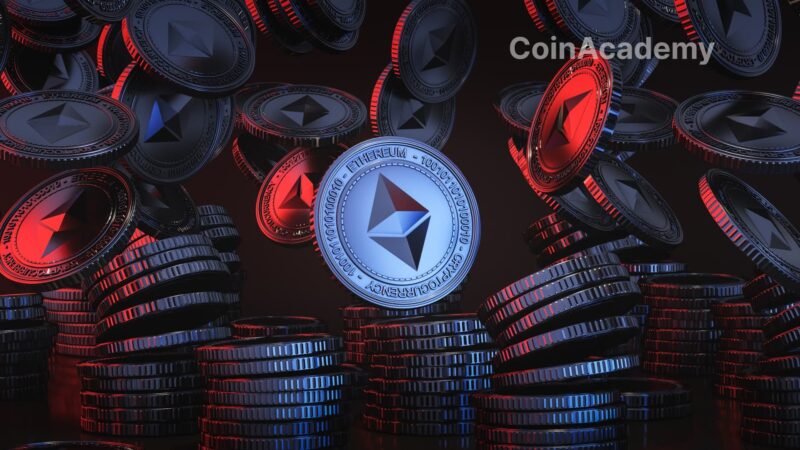Denver Update Activated on Ethereum’s Goerli Testnet, with Improvements Expected for Layer 2 Rollups
The Ethereum Denver Update (Denver + Cancun), which includes several Ethereum Improvement Proposals (EIPs), was activated on the Goerli testnet on January 17, 2024. This update is particularly focused on EIP-4844, which introduces proto-danksharding, an improvement aimed at reducing transaction fees for layer 2 rollups.
Initial Problems and Solutions
The update experienced an initial four-hour delay due to a bug, but it was quickly fixed. This bug, related to the Prysm proof-of-stake client, prevented the Goerli testnet from finalizing the Denver Update. Debugging and testing on testnets are crucial to ensure the proper functioning of these updates before deployment on the main network.
Anticipated Advantages of the Denver Update
Dencun will likely reduce rollup transaction costs by up to 10 times, depending on the demand for blob space.
Nebojsa Urosevic, co-founder of Ethereum development platform Tenderly.
The official Ethereum blog features nine different EIPs planned for the Denver Update, with proto-danksharding transactions and blob technology being the most anticipated of these EIPs.
The Denver Update is expected to offer a significant reduction in transaction fees for rollups, with savings of up to 90%. This increased efficiency is due to the use of blob data, which allows temporary storage of data in a compressed format, thus reducing costs compared to traditional transaction data storage. This innovation is expected to lower costs and speed up transactions, paving the way for more complex applications on numerous layer 2 solutions.
Next Steps before Implementing the Denver Update on Ethereum
After successful deployment on Goerli, the Sepolia and Holesky testnets are next in line to receive the Denver Update. Once testing is successful on these networks, plans will be made to update the Ethereum mainnet.
This update represents a major step toward improving efficiency and reducing costs on Ethereum, which is essential for the evolution and growth of the blockchain ecosystem.




